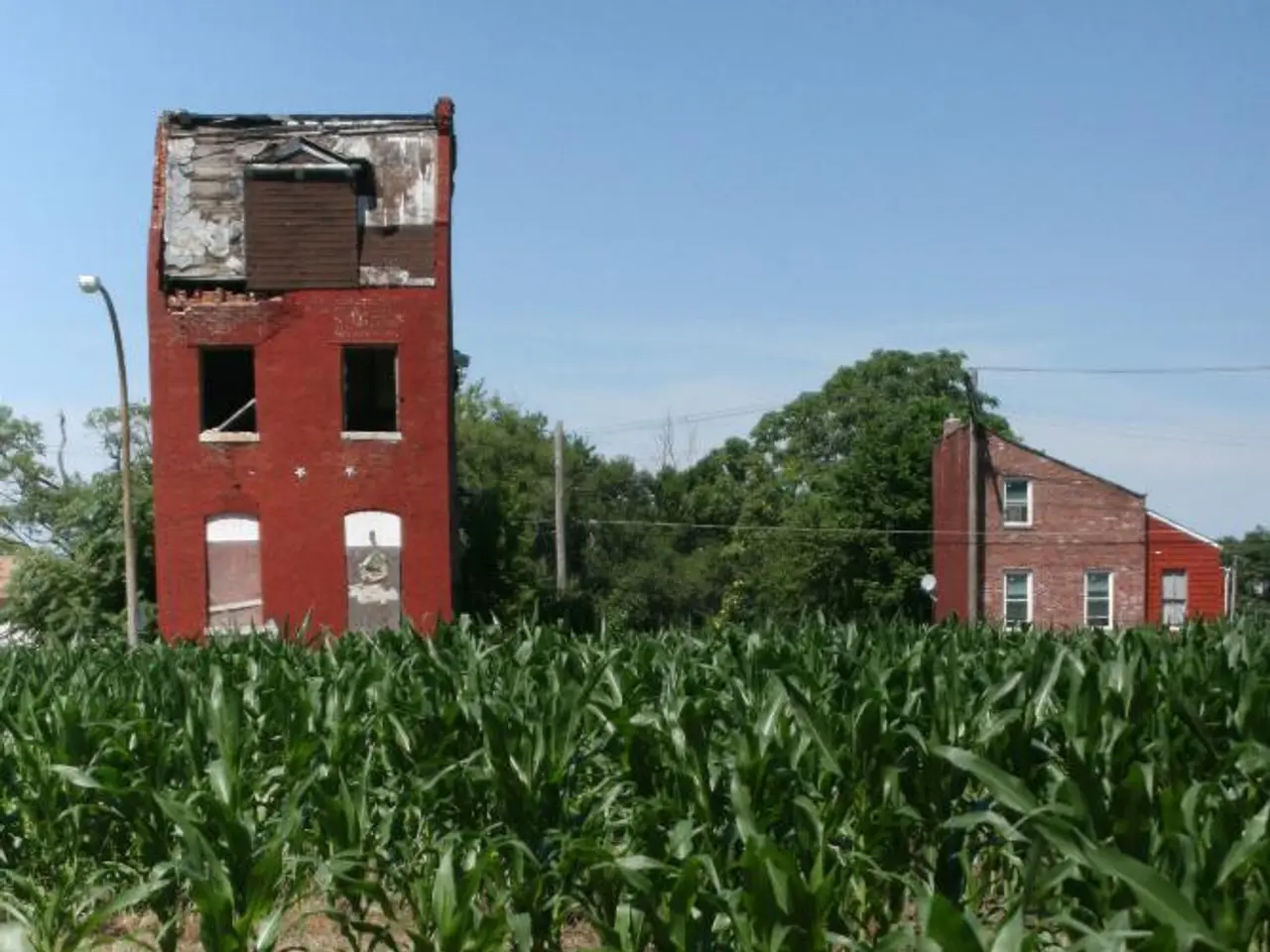Sustainable Event certification: A green label to endorse eco-friendly gatherings
The Blue Angel eco-label, an official recognition by the German Federal Environment Agency, is set to revolutionise the event industry from 2025. Originally designed for products, the label will now be a seal of quality for environmentally responsible events.
The Blue Angel eco-label offers a structured approach to integrating environmental responsibility into event planning. It provides event organisers and service providers with reliable guidance, acting as a confidence-building element in communication, particularly for major events, trade fairs, music festivals, and more.
The eco-label's criteria system includes mandatory and optional requirements to accommodate events of various sizes and types. Key areas of action include waste avoidance and the circular economy, sustainable mobility, renewable energies, and resource conservation.
Waste reduction is a significant focus, with the encouragement of reusable cups, crockery, and temporary structures. Sustainable mobility is another key area, requiring the use of conveniently located venues and environmentally friendly arrival and departure options. Renewable energies and resource conservation are mandatory, with the use of electricity from renewable sources and energy-efficient devices.
The Blue Angel eco-label aims to certify events that meet high environmental standards, focusing on sustainability aspects like waste reduction, energy efficiency, resource conservation, and ecological materials use. The criteria vary by event type to address specific environmental impacts relevant to formats like conferences, trade fairs, concerts, and sports events.
For example, conferences and trade fairs may emphasise paper use, digital alternatives, and energy consumption of facilities, while concerts and sports events often focus heavily on waste management and noise pollution.
The award criteria for the eco-label focus on reducing greenhouse gas emissions and conserving natural resources. Applications can be submitted by event agencies, trade fair companies, public institutions, or cultural organisations.
Public sector clients will be able to use the Blue Angel eco-label as a criterion in tenders from 2025. The main objectives of the Blue Angel eco-label are to reduce harmful climate emissions and measurably reduce material usage and energy consumption.
The new 'Blue Angel for environmentally friendly events' eco-label was launched in January 2025. For precise criteria by event type and official guidelines, one would need to consult the detailed "Blue Angel for environmentally friendly events" certification documents provided by the official Blue Angel body (RAL gGmbH) or the German environmental authorities.
It's important to note that the eco-label is awarded to individual events, not to companies or service providers. The Blue Angel eco-label incentivises technology companies, venue operators, and caterers to make their services more sustainable.
For more detailed information, we recommend contacting the official Blue Angel certification authority or reviewing their official application criteria for events.
- The evolution of the Blue Angel eco-label will extend from product recognition to certifying environmentally responsible events, benefiting the event industry from 2025.
- In scheduling sustainable events, the Blue Angel eco-label offers guidance for lighting technology and event technology to minimize energy consumption and carbon footprint.
- As the climate-change issue gains prominence, the eco-label focuses on the environmental-science aspects of resource conservation, waste management, and promoting sustainable-living practices in home-and-garden settings.
- sophisticated lifestyle choices are encouraged under the Blue Angel eco-label as it emphasizes the use of eco-friendly materials and sustainable practices for a greener future.




